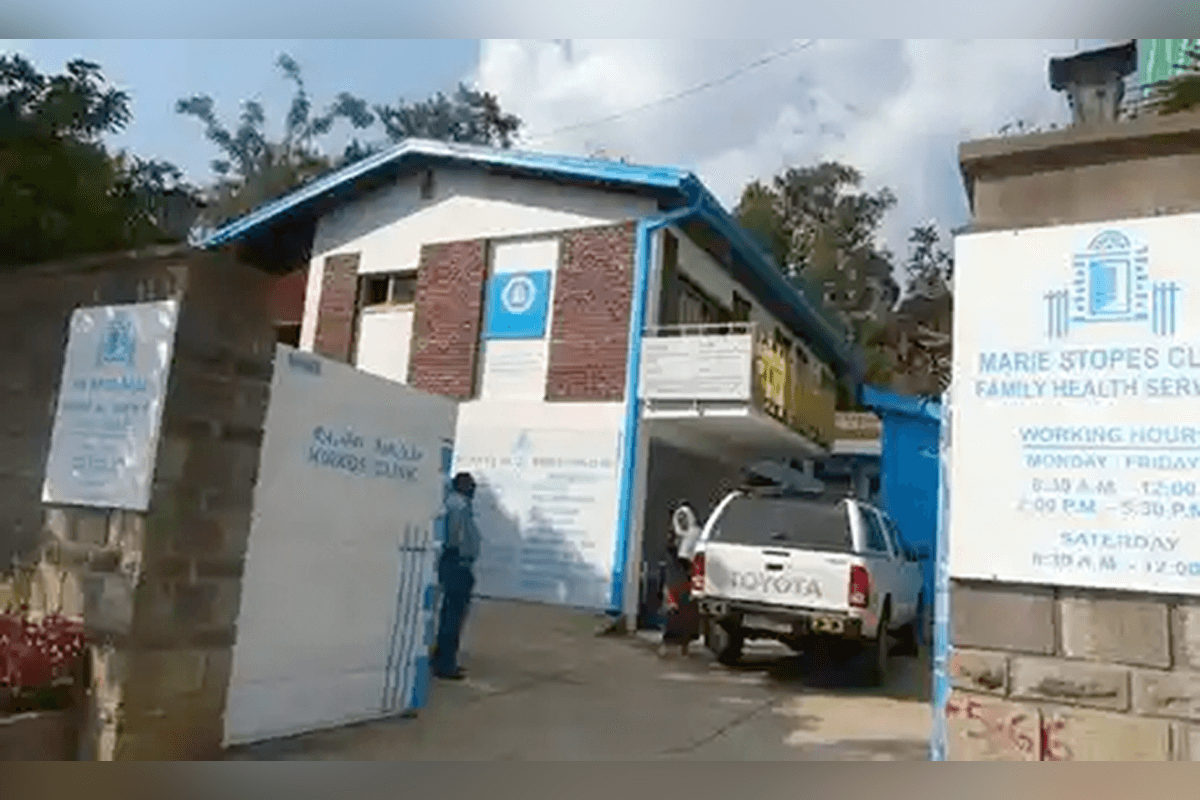
How the overturning of Roe v. Wade is causing a ripple effect in Ethiopia
The Supreme Court ruling has emboldened anti-choice groups, but it has also inspired the global community to reassert the right to choose
“Last month marked one year since Roe v. Wade was overturned by the US Supreme Court, eliminating the constitutional right to abortion nationwide. The decision dealt a devastating blow to reproductive rights in the US, but the fallout has reverberated far beyond US borders.
“In Ethiopia, where I am from, abortion has been legal under a broad range of circumstances for 18 years, empowering women to take control of their futures and saving countless lives. I am so proud of the steps the government in Ethiopia has taken to expand access to abortion over the last two decades. Still, since the overturning of Roe v. Wade, these gains are looking increasingly vulnerable.
“Immediately after the Supreme Court decision, anti-choice groups in Ethiopia began calling the government to follow America’s lead and make abortion a crime. In previous years, these groups made sure that their presence was known. They organized marches, harassed women outside clinics, and spoke out in the media and churches, not just against abortion but contraception too. They were visible and vocal.
“But [now]… their tactics have changed. On the surface, at least, it seems like nothing is happening. But under the radar, anti-choice groups are seeding disinformation, targeting politicians, policymakers and providers.
“Ethiopia liberalized its abortion law in 2005 on public health grounds, but today many health professionals who saw women dying from unsafe abortions have now retired, and the younger generation of providers has not had to witness the grim consequences on the same scale. With the seed of doubt around the need for abortion care planted in their minds by the anti-choice movement, some doctors and nurses in public clinics that were providing safe, legal abortion care are refusing services.
“Working for a sexual and reproductive health organization, I have seen with my own eyes the devastating consequences of restrictive laws. Evidence shows that abortions happen whether they are legal or not. The only difference is whether they are carried out safely.
“Before 2005, gynecology wards in Ethiopia were filled with women who had resorted to desperate measures to end unwanted pregnancies, from drinking bleach, to inserting sticks or broken glass. Women were left with life-long injuries, and unsafe abortion contributed to a third of all maternal deaths in the country.
“Anti-choice groups are also targeting sexual and reproductive healthcare more broadly by preventing young people from accessing vital information. We have even seen a U.S.-based anti-choice group opening an office in Addis Ababa and actively lobbying to keep comprehensive sex education off curriculums….
“But while this vote has emboldened the anti-choice movement around the world, it has also inspired the global community to reassert the right to choose. This is an autonomy issue. A public health issue. A human rights issue. To anyone who wants to deny someone’s right to decide what is right for their body and future, our message is: ‘We are not going back.’ We will never stop working towards a world where everyone, everywhere, has the right to choose.”
+++
What Ethiopia can teach the US about abortion rights
Unsafe abortions once killed hundreds of Ethiopian women each year. Not any more, writes Banchiamlack Dessalegn, Africa Director at MSI Reproductive Choices:
Before Ethiopia relaxed its abortion laws in 2005, unsafe abortions contributed to a third of all maternal deaths in the country. The law was very strict – abortions were only lawful if the woman’s life was in danger – but, as in many other places with restrictions, the risks did not deter women from seeking to end unwanted pregnancies. Abortion rates remained high. Women were forced to resort to dangerous and illegal techniques, resulting in infections, injuries with lifelong consequences and, in some cases, death.
The desperate methods women used at the time ranged from traditional remedies like consuming tree roots and herbs to inserting implements such as catheters and metallic tools, causing uterine perforation and organ injury. At that time, it was normal to see half of the delivery and gynaecology wards filled with women who needed immediate medical assistance as a result of unsafe abortions.
Growing up in Addis Ababa, my siblings and I all knew someone who had had an unsafe abortion. My sister had a friend who died by suicide because of unintended pregnancy. I remember girls who dropped out of school after they drank bleach or attempted to terminate a pregnancy through other dangerous means. I often think about where these girls are now and how these tragic stories were all avoidable.
These stories also remind me of how far Ethiopia has come in the last 17 years and how the progress achieved should never be reversed. Instead, it should be emulated…. (continues)
+++

A study published in 2016, ten years after the law reform had happened, found that more needed to be done. Law reform made a big difference but was not enough…
The study found that in 2016 there was still a high rate of unsafe abortions nationally (28/1000) and higher still among university students (65/1000), among whom only 50% had had a safe abortion. The authors wanted to find out if this may have been due to a low level of knowledge that the law had been liberalized. Their study, published in 2016, indeed found that only 41% of 483 young women undergraduate students at Debre Markos University in Northwest Ethiopia knew that abortion was legal on a range of grounds. The study called for awareness-raising among young women university students.
SOURCES: Ms Magazine, by Abebe Shibru, 11 July 2023 ; Banchiamlack Dessalegn, Al Jazeera, 28 September 2022 ; International Journal of Women’s Health and Wellness, by Biru Abdissa, Abayneh Aklilu, Endeshaw Admasu, Sagni Girma, 2016 + VISUAL ; PHOTO: Marie Stopes International 2013



